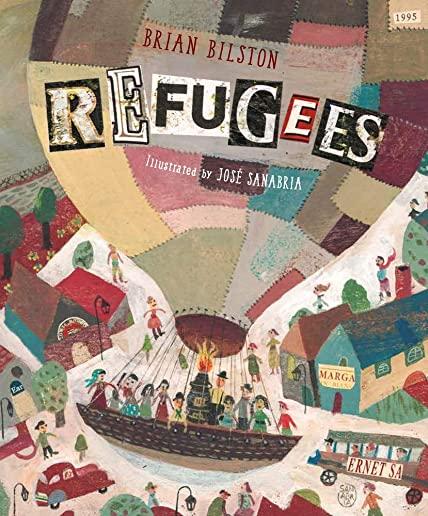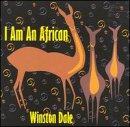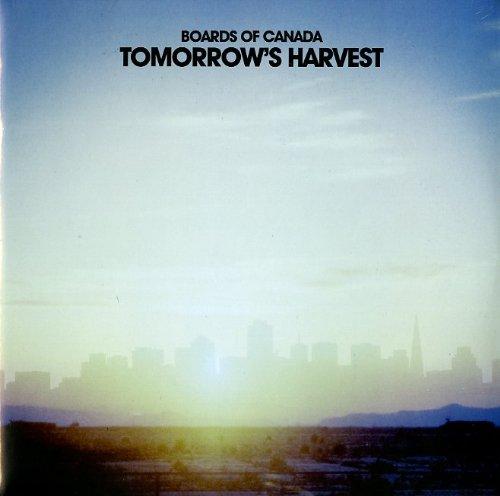
Espiritu, Yen Le
product information
description
alizes, and advances the field of critical refugee studies by providing a capacious account of its genealogy, methods, and key concepts as well as its premises, priorities, and possibilities. The book outlines the field's main tenets, questions, and concerns and offers new approaches that integrate theoretical rigor and policy considerations with refugees' rich and complicated lived worlds. It also provides examples of how to link communities, movements, networks, artists, and academic institutions and forge new and humane reciprocal paradigms, dialogues, visuals, and technologies that replace and reverse the dehumanization of refugees that occurs within imperialist gazes and frames, sensational stories, savior narratives, big data, colorful mapping, and spectator scholarship. This resource and guide is for all readers invested in addressing the concerns, perspectives, knowledge production, and global imaginings of refugees.
member goods
No member items were found under this heading.
Return Policy
All sales are final
Shipping
No special shipping considerations available.
Shipping fees determined at checkout.






